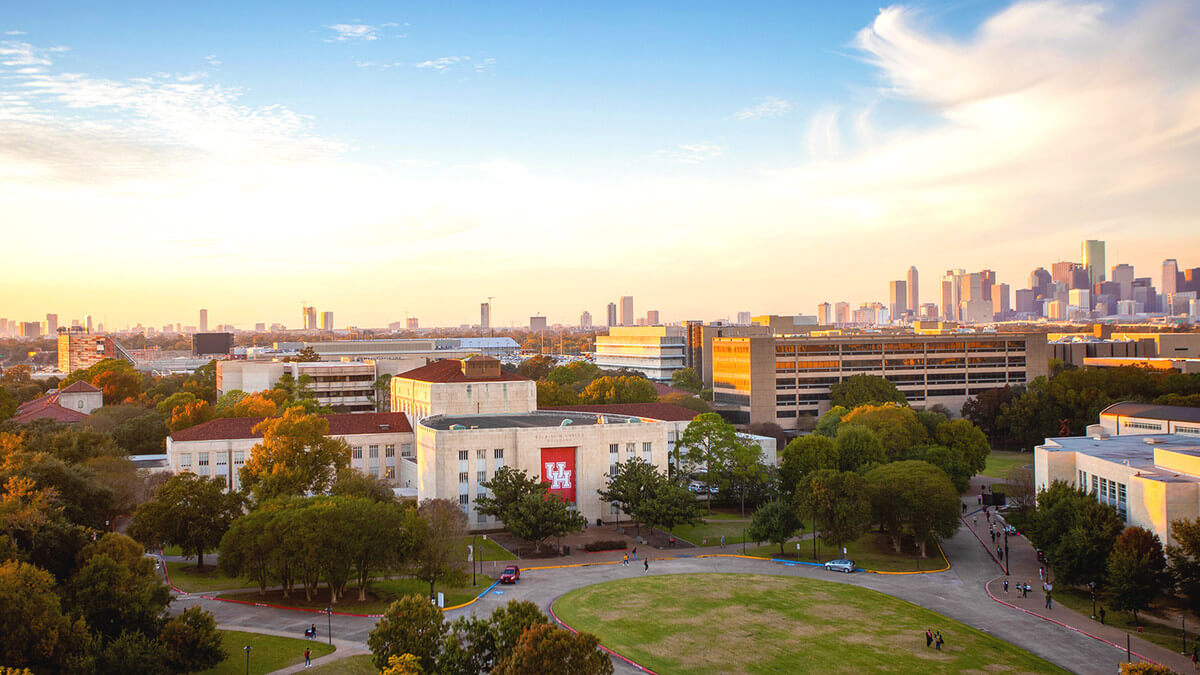The Role of Educational Institutions in Houston’s Aerospace Renaissance
Published Jul 16, 2024 by Hailea Schultz
Once known as Space City, Houston’s aerospace industry is experiencing a renaissance fueled by ambitious projects and strategic educational investments. As the region continues to attract aerospace companies and projects, local institutions are establishing innovative programs to meet the demand for skilled workers.
According to a Partnership analysis, Houston boasts over 500 space, aviation and aerospace-related firms and institutions and more than 23,000 aerospace and aviation-related professionals.
The University of Houston (UH) was recently selected by NASA to establish an aerospace engineering research center. The facility, dubbed NASA MIRO Inflatable Deployable Environments and Adaptive Space Systems (IDEAS2) Center, will provide students with opportunities to engage in cutting-edge aerospace research and hands-on learning. This initiative will pave pathways to careers in the industry while bolstering NASA’s human space exploration efforts on the Moon and Mars.
UH also offers a robust Aerospace Engineering program, focusing on areas such as aerodynamics and heat transfer, structural mechanics and materials and controls and dynamics. Additionally, the University of Houston – Clear Lake, Lone Star College, Houston Community College and Rice University provide various certifications and degree programs essential for the aerospace industry. These include specialties in welding technology, computer and information sciences, mechanical engineering, materials science and more.
Alongside its Aerospace Engineering program, Rice University features the Rice Space Institute (RSI), dedicated to enhancing the university's participation in space-related research. Recently, RSI awarded $150,000 in seed funding to Rice University researchers to support six research projects. These projects aim to advance space-related science and engineering, spotlight high-impact studies aligned with RSI's vision, foster broad collaboration and attract external funding.
Texas A&M University recently signed a lease at Exploration Park, a 240-acre development at the Johnson Space Center, to establish its $200 million Space Institute. Funded by the Texas Space Commission, which was created by the state legislature last year to bolster Texas’ leadership in aerospace activity, the institute will train and equip students for careers in aerospace. Additionally, it will support mission training, aeronautics research, advanced robotics, and work on lunar and Martian exploration.
Meanwhile, San Jacinto College (SJC) is also playing a pivotal role in building Houston's aerospace workforce through its EDGE Center. Located at the Houston Spaceport, this 154-acre facility is dedicated to aerospace training and program development, offering state-of-the-art resources and cutting-edge technology. With a recent $332,000 grant from the Texas Workforce Commission, the EDGE Center has launched an aerospace technician training program aimed at certifying unemployed or displaced workers and facilitating their placement in the region’s workforce.
“Funding like this grant from the Texas Workforce Commission (TWC) to further our training offerings reaches far beyond our students to the future of the aerospace industry,” said Dr. Brenda Hellyer, San Jacinto College Chancellor. “A skilled workforce is critical to the success of the Houston Spaceport and the aerospace industries that support it, and we understand our role in providing the next generation of aerospace technicians.”
Learn more about Houston’s thriving aerospace industry.
 The Houston Report
The Houston Report




















